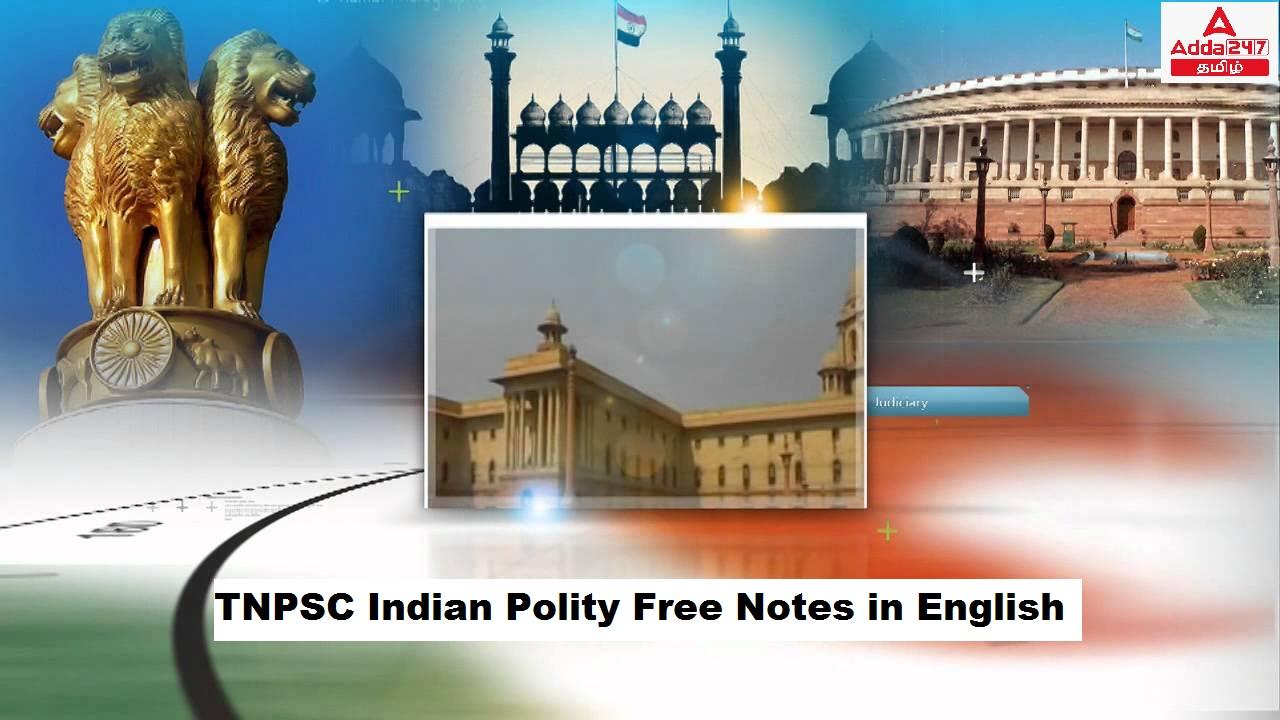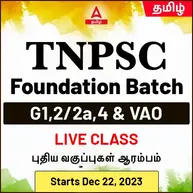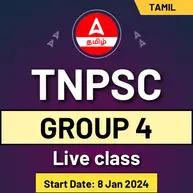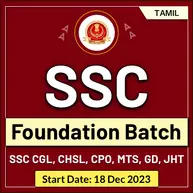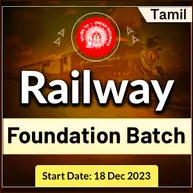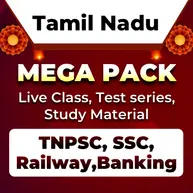இந்தக் கட்டுரையில், TNPSC குரூப் 1, குரூப் 2, குரூப் 2A, குரூப் 4 மாநிலப் போட்டித் தேர்வுகளான TNUSRB, TRB, TET, TNEB போன்றவற்றுக்கான முறைகள் இலவசக் குறிப்புகளைப் பெறுவீர்கள்.தேர்வுக்கு தயாராவோர் இங்குள்ள பாடக்குறிப்புகளை படித்து பயன்பெற வாழ்த்துகிறோம்.
State Legislature
Introduction
The Constitution provides a legislature for every State. Most of the States have only
unicameral legislature i.e., Legislative Assembly.
Some States has bicameral legislatures (example Bihar, Karnataka, Maharashtra, Uttar
Pradesh, Andhra Pradesh and Telangana).
The lower house, Legislative Assembly represents the people of the State. The upper
house, Legislative Council represents special interests like teachers, graduates, and local
governments.
In Tamil Nadu, according to the strength of the Legislative Assembly (234 members), the
number of ministers may be up to 36, i.e., 15 percent of 234.
The Legislative Assembly (Lower House)
The Legislative Assembly is a popular house. It is the real centre of power in the State.
It consists of members directly elected by the people on the basis of adult franchise.
The strength of the Assembly varies from State to State depending on the population.
However, the maximum strength of the Assembly must not exceed 500 and its minimum
strength not be below 60.
The term of office of the Legislative Assembly is 5 years. It can be dissolved even before
the expiry of its term.
The size of the Legislative Council cannot be more than one-third the membership of the
Legislative Assembly (lower house) of that state.
But its size cannot be less than 40, except in Jammu and Kashmir where there were 36
by an act of Parliament.
The members draw the salary and allowances passed by the State legislature from time
to time.
Composition
The Legislative Assembly of Tamil Nadu consists of 235 members out of which 234
members are directly elected by the people from the constituencies on the basis of
adult franchise and one member is nominated by the Governor from the Anglo-Indian
community.
However, seats shall be reserved in the house for the Scheduled Castes and Scheduled
Tribes.
Cabinet and Cabinet Committees
A smaller body called Cabinet is the nucleus of the Council of Minister.
It consists of only the Cabinet Ministers. It is the real centre of authority in the State
Government.
The Cabinet works through various committees called Cabinet Committees.
They are of two types – standing and ad hoc. The former are of a permanent nature
while the latter are of a temporary nature.
The Speaker
The Legislative Assembly elects two of its members as the Speaker and Deputy Speaker.
The Speaker vacates his office, if he cannot continue to be a member of the Assembly.
He may also resign his office at any time.
The Speaker may be removed from office by a resolution of the Assembly after giving a
14 days’ notice.
Such a resolution must be passed by a majority of the members present at the time of
voting.
The Speaker does not vacate his office, when the Assembly is dissolved.
He continues to be the Speaker until the first sitting of the new Assembly. While the
office of the Speaker is vacant, the Deputy Speaker performs his functions.
The Legislative Council (Upper House)
The Legislative Council is the upper house of the State Legislature. It is constituted as a
permanent house.
Article 171(1) provides that the total number of members in the Legislative Council of a
State shall not exceed one-third of the total number of members in the Legislative
Assembly of that State, but not less than 40 members in any case.
The Vidhan Parishads (Legislative Council) forms a part of the State Legislatures of India.
In six of India’s 29 states (Bihar, Karnataka, Maharashtra, Uttar Pradesh, Andhra Pradesh
and Telangana) the Legislative Council serves as the indirectly-elected upper house of a
bicameral legislature.
It is also a permanent house because it cannot be dissolved.
Every Member of Legislative Council (MLC) serves for a six-year term, with terms
staggered so that the terms of one-third of members expire every two years.
MLCs must be citizens of India not under 30 years of age, mentally sound, and not
bankrupt, and his name should be in the voter’s list of the State from which he or she is
contesting the election.
The Tamil Nadu Legislative Council was abolished by Tamil Nadu Legislative Council
(Abolition) Bill, 1986. The Act came into force on the 1 November 1986.
Election to Legislative Council
1/3 of the members are elected by local bodies.
1/12 of the members are elected by Graduates of the universities in the State.
1 /12 of the members are elected by Graduate teachers.
1/3 of the members are elected by the members of the Legislative Assembly.
1/6 is nominated by the Governor, who is eminent in the field of literary excellence, art,
social services or Cooperation.
The Chairman
The Chairman (chairperson he/she) is the Presiding Officer of the Upper house.
The Members elect a Chairman and a Deputy Chairman from among themselves.
In the absence of the Chairman, the Deputy Chairman officiate the functions of the
Legislative Council.
Abolition or creation of Legislative Councils
Article 169 deals with the creation or abolition of the Legislative Council in a State.
Article 169 holds that if the State Legislative Assembly passes a resolution by a majority
of not less than 2/3 rd of the members present and voting and by the majority of total
strength of the House, requesting the Parliament to create or abolish the state
Legislative council then the Parliament may by law provide for the abolition and
creation of the Legislative Council.
Functions of the State Legislature
The powers and functions of the State Legislature are almost the same as that of the
Parliament.
Legislative powers
The State Legislature can pass laws on all subjects mentioned in the State List as per the
Constitution.
It can also pass laws on concurrent subjects.
The State made law in a concurrent subject will become inoperative when the centre
also passes a law on the same subject.
The passing of the Bill into law follows the same procedure as in the Union Parliament.
Every bill passes through three readings. Then it becomes an Act with the Governor’s
assent.
Financial Powers
The Legislature controls the finances of the State.
The Lower House enjoys greater power than the Upper House in money matters.
Money bills can be introduced only in the Lower House or the Assembly.
No new tax can be levied without the sanction and permission of the Assembly.
Controls over the Executive
The Legislature controls the Executive.
The Council of Ministers is responsible to the Assembly.
The Ministers have to answer questions asked by the members of the Legislature.
They can be removed from office if the Assembly passes a vote of “no confidence
motion” against the Ministry.
Wide powers
In a State having two Houses, the Legislative Assembly enjoys more powers than the
Legislative Council.
The Assembly has complete control over the State finance.
The Council cannot vote for grants.
The Council of Ministers is responsible only to the Assembly.
**************************************************************************
| Adda247 TamilNadu Home page | Click here |
| Official Website=Adda247 | Click here |

